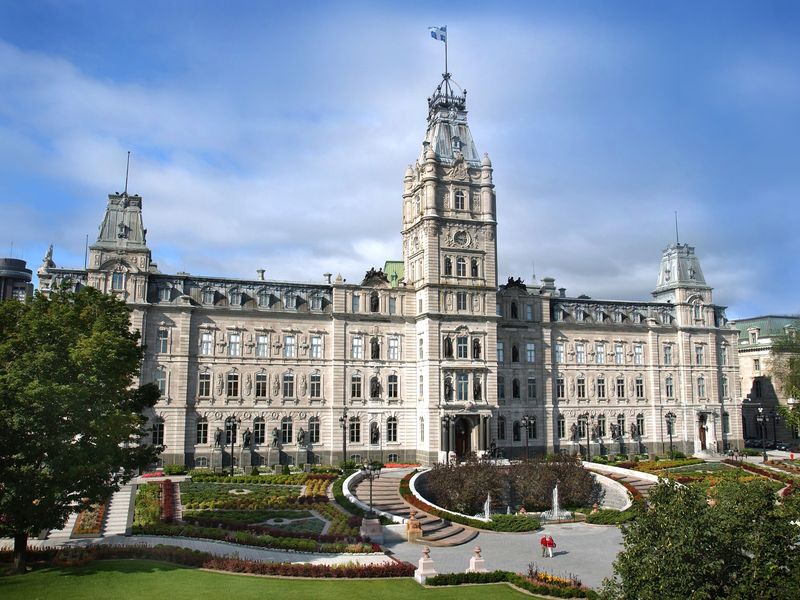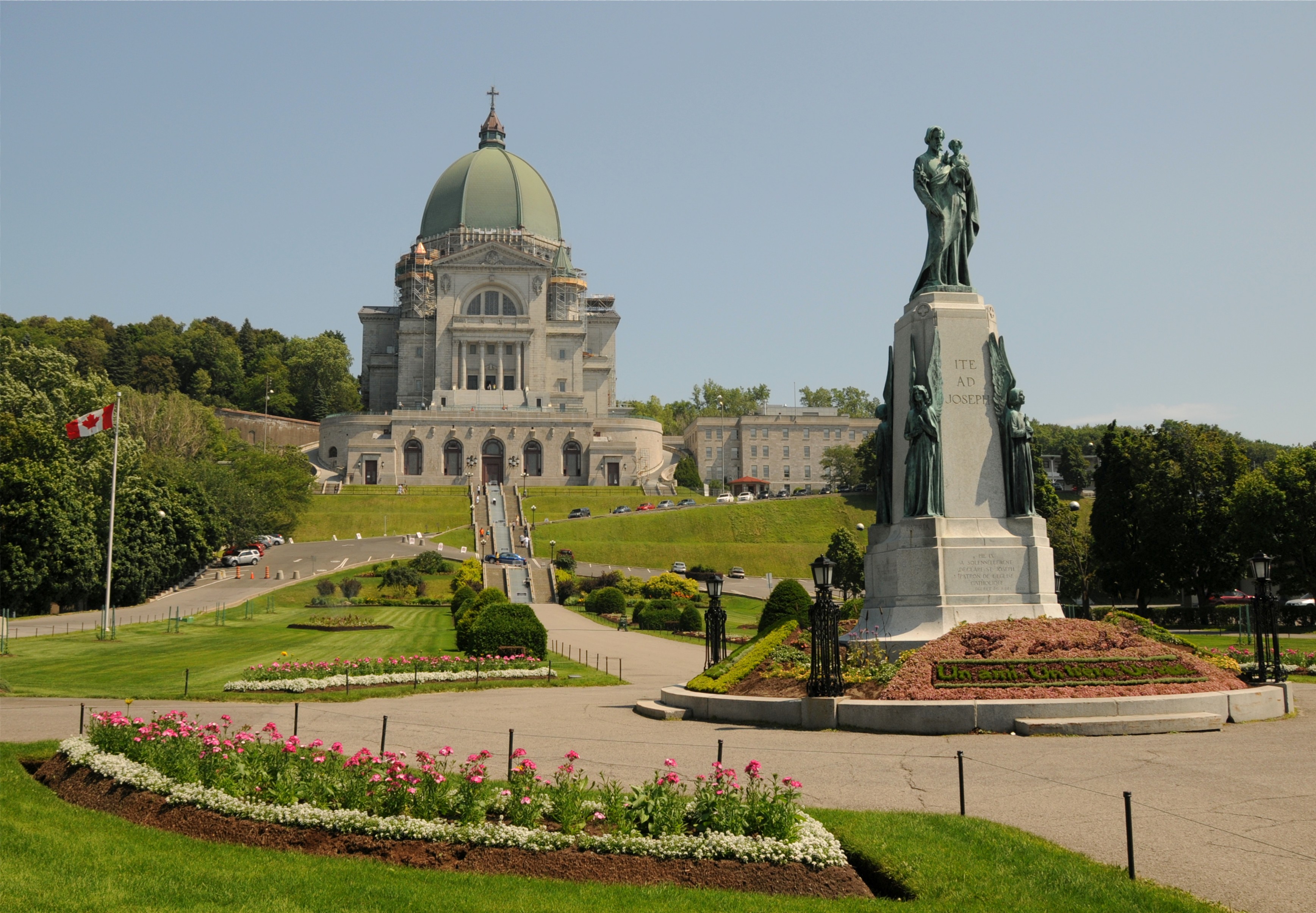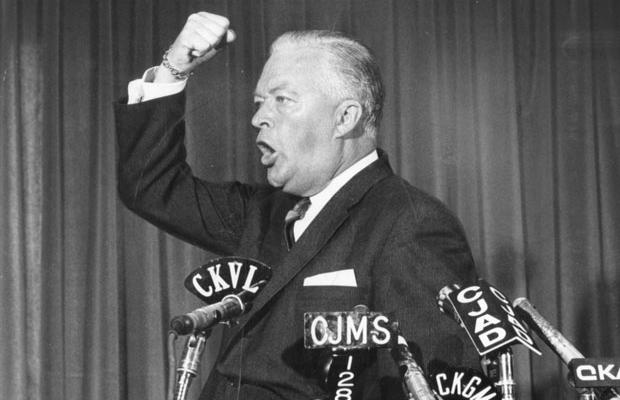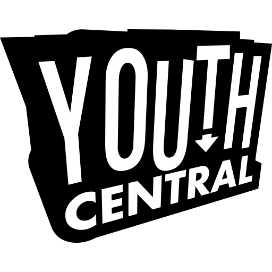
With the proposed Charter of Quebec Values, many ask why would such a Charter be needed in Quebec or Canada for that matter. Our government promotes cultural identity and religious identity as something each individual is entitled to, but some say that the Charter totally goes against that sacred right. The history of Quebec could shed some light to the point of view to those in favour of the new Charter.

Secularism is something dear to many Quebecois. Primarily being, that the province wasn’t always so inviting to religious freedoms. During the 1960’s, this was a period in Quebec that was built around the Catholic church. The province was under strong influence by the church. From the education system to the businesses and natural resources, all was controlled by the Catholic church. The state and the church weren’t separate entities during the time and the entire province, especially the rural areas, were extremely unmodernised.

The collective Quebec mentality during the time grew tired of the oppressive rules of the church and pushed for the separation of the two powers. This era became known as, the Quiet Revolution or La Révolution Tranquille. The sweeping changes created a state owned society rather than religiously based one. The education system was secularised, welfare was instated, government control over national resources and the maîtres chez nous philosophy, and the official statement of the separation of church and state. After the revolution ended, the church was nearly left powerless compared to the state it had before.
This sparked a new sense of nationalism and collective identity of the Quebecois. A nationalism that would later push for the Separatist movement which would push Canada into an era political turmoil. Many Quebecois treat the Quiet Revolution as something sacred because of the good things it did for Quebec. It modernised and liberated the Quebec province. These feelings towards the church and the state with the sentimental feelings towards the Revolution, many Quebecois translate this to the Charter of Quebec Values.
There is growing support within the province for such a Charter. Some may agree due to the fact that many Quebecois see religion as something that oppressed them. Religion held the province back from being modern, and to those who wear religious garments, they ask why do the choose to allow religion to oppress them. Some Quebecois see the Charter as liberating people from their religious oppression. This revolutionary spirit is one that drives some supporters of the Charter.
Some supporters believe that some religious garments as a violation of human rights. The equality of man and woman and fair treatment of all men are things that run deep in Quebec heritage. Quebec’s history of being a progressive province makes some Quebecois feel that it is the government’s duty to ensure that all peoples respect this, and any form of violation of these rights must be terminated. Some Quebecois interpret the equality of genders and peoples as one that borders religious means.
The Charter seeks to create a “state neutrality” in terms of religious affairs. Meaning that it doesn’t want to show support or promotion of one belief over the other. Canadian politics believes in state neutrality but also supports people’s religious beliefs such as publicly announcing congratulations of a religious holiday or allowing religious events to take place in public areas.

How would Ms Pauline Marois achieve such a “neutral state.” Simple, ban all religion from public institutions. Easy enough, but Ms Marois believes that even the representatives, they too must be banned of religious convictions. Simply, no religious clothing allowed. She is quoted to say during an interview, “If people want to wear signs on the street, that’s not my problem, but when you’re serving the state it will have to be clear: The state is neutral … the people who serve you don’t want to influence or embarrass you by openly and clearly expressing their convictions.”
The arguement being that, wearing religious garments is considered relgious propaganda. This propaganda described is loose in definition. The belief being held is that, by wearing religious clothing, you are forcing others who have to see you, to convert others to your faith. One of the Charter’s greatest supporters is the, Mouvement laïque québécois. An organisation that seeks the secularisation of society. The president of the organisation stated in regards to opposers, “If they want to integrate themselves, they should accept the laws of the community.”

Though, unlike English Canada, who strongly opposes the proposed Charter, there is a majority support within the province of Quebec. According the recent poll taken by a group of Quebecois, 68% of the province seems to support the proposed Charter. Though, the Charter debate also holds sentimental value for many Quebecois as Christian Bourque mentioned. The vice-president of the polling firm Léger Marketing had a sympathetic view for the Charter’s supporters, saying, “Quebecers got out of a period of fairly religious austerity for many years and sort of wanted to liberate themselves, so basically whenever they see the expression of religious symbols, it’s almost as if [they’re asking] ‘Why don’t you liberate yourself from that?'”
The Charter of Quebec Values shows that the issue is much more deeply rooted than what people think. Quebec’s history with religion and the liberation and separation that came along with it. The Quiet Revolution still affects modern day Quebec society. Some critics see this as potentially divisive as the Charter of the French Language that was introduced at the start of the new millennium. A schism has been created with the Parti Quebecois’s plan for their vision of a secular society. Though, one thing is ensured, this Charter will cause massive debates between both sides.
The Globe and Mail CBC News Government of Quebec CTV News The Globe and Mail

